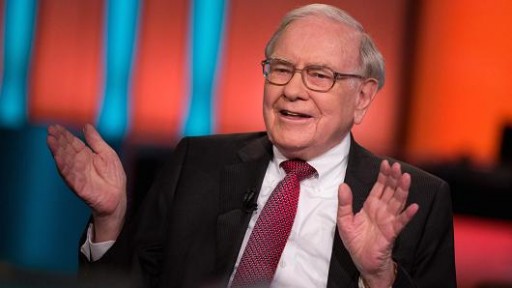- Home
- >
- Great Traders
- >
- How does Warren Buffett choose the companies he buys?

How does Warren Buffett choose the companies he buys?

Investors have long praised Warren Buffett’s ability to pick which companies to invest in. Lauded for consistently following value investing principles, Buffett has accumulated a fortune of over $60 billion dollars over the decades. He has resisted the temptations associated with investing in the “next big thing”, and has also used his immense wealth for good by contributing to charities.
Understanding Warren Buffet starts with analyzing the investment philosophy of the company he is most closely associated with: Berkshire Hathaway. The company has a long-held and public strategy when it comes to acquiring shares: the company should have consistent earning power, good return on equity, capable management, and be sensibly-priced.
How has the company performed?
Companies that have been providing a positive and acceptable return on equity (ROE) for many years are more desirable than companies that have only had a short period of solid returns. The longer the number of years of good ROE, the better.
How much debt does the company have?
Having a large ratio of debt to equity should raise a red flag because more of a company’s earnings are going to go toward servicing debt, especially if growth is only coming from adding on more debt.
How are profit margins?
Buffett looks for companies that have a good profit margin, especially if profit margins are growing. As is the case with ROE, examine the profit margin over several years to discount short-term trends.
How unique are the products sold by the company?
Buffett considers companies that produce products that can easily be substituted to be riskier than companies that provide more unique offerings. For example, an oil company’s product – oil – is not all that unique because clients can buy oil from any number of other competitors. However, if the company has access to a more desirable grade of oil – one that can be refined easily – then that might be an investment worth looking at.
 Varchev Traders
Varchev Traders If you think, we can improve that section,
please comment. Your oppinion is imortant for us.






